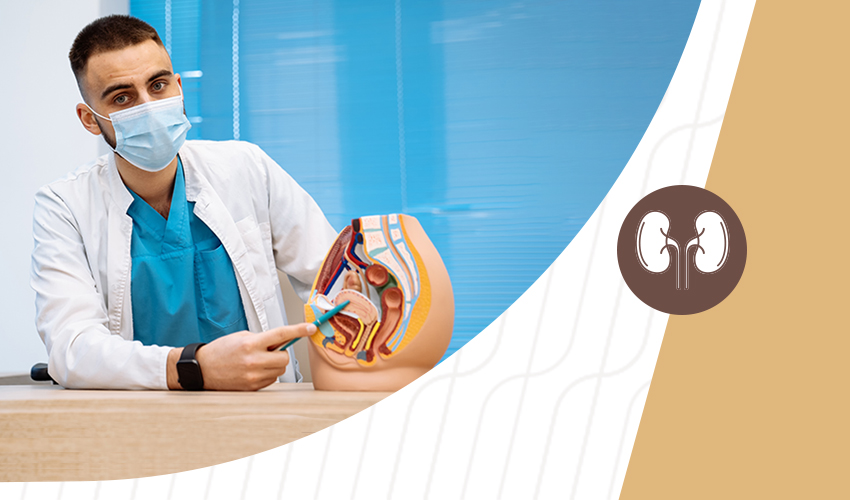- Our Doctors
- Our Specialities
Centres of Excellence
-
 Centre for Blood Diseases, BMT & Cancer Immunotherapy
Centre for Blood Diseases, BMT & Cancer Immunotherapy -
 Centre for Bone, Joint & Spine
Centre for Bone, Joint & Spine -
 Centre for Critical Care Medicine and ECMO Services
Centre for Critical Care Medicine and ECMO Services -
 Centre for Gastrosciences
Centre for Gastrosciences -
 Centre for Heart & Vascular Care
Centre for Heart & Vascular Care -
 Centre for Nephro-Urosciences
Centre for Nephro-Urosciences -
 Centre for Neurosciences
Centre for Neurosciences -
 Centre for Obstetrics and Gynaecology
Centre for Obstetrics and Gynaecology -
 Centre for Organ Transplantation
Centre for Organ Transplantation
Super Speciality
-
 Advanced Diagnostic and Interventional Radiology
Advanced Diagnostic and Interventional Radiology -
 Anesthesiology & Pain Management
Anesthesiology & Pain Management -
 Clinical Nutrition and Dietetics
Clinical Nutrition and Dietetics -
 Dental and Maxillofacial Surgery
Dental and Maxillofacial Surgery -
 Dermatology
Dermatology -
 Emergency and Trauma
Emergency and Trauma -
 Endocrinology and Metabolic Disease
Endocrinology and Metabolic Disease -
 ENT and Head & Neck Surgery
ENT and Head & Neck Surgery -
 Family Medicine
Family Medicine -
 General and Laparoscopic Surgery
General and Laparoscopic Surgery -
 General Medicine
General Medicine -
 Laboratory Medicine
Laboratory Medicine
-
- Key Procedures
- Our Hospitals
- International Patient
- Contact us
-
Quick Links


Benign Prostate Hyperplasia
Benign Prostate Hyperplasia or Hypertrophy is a common condition in men in which the prostate gland is enlarged and not cancerous. An enlarged prostate causes obstruction in passing urine.
Symptoms of Hypertrophy are as below:
- Urinary frequency or urination eight or more times a day
- Urinary urgency or the inability to delay urination
- Trouble starting a urine stream
- A weak or interrupted urine stream
- Dribbling at the end of urination
- Nocturia is frequent urination during periods of sleep
Causes
- Hormonal changes
- Ageing
Treatment
Uncompromised healthcare services. Always.
Meet Our Doctors
Experienced Medical professionals for a superior patient experience.
Frequently Asked Questions
Can an enlarged prostate be cured?
For most patients, BPH (enlarged prostate) is curable. Some people see a significant reduction in symptoms with medication alone. If medicine does not work, or your prostate is too large, surgery will often remove enough of the prostate to provide you with relief.
What are the warning signs and symptoms of BPH?
- Weak urine flow
- Difficulty starting urination
- Dribbling of urine, especially after urinating
- Sense of not fully emptying the bladder
- Frequent urination and a strong and sudden desire to urinate, especially at night
- Blood in the urine
What happens if you leave an enlarged prostate untreated?
Left untreated, an enlarged prostate can lead to a sudden inability to urinate and cause urinary tract infections and bladder or kidney damage.

 +91 9393 108 108
+91 9393 108 108


















































